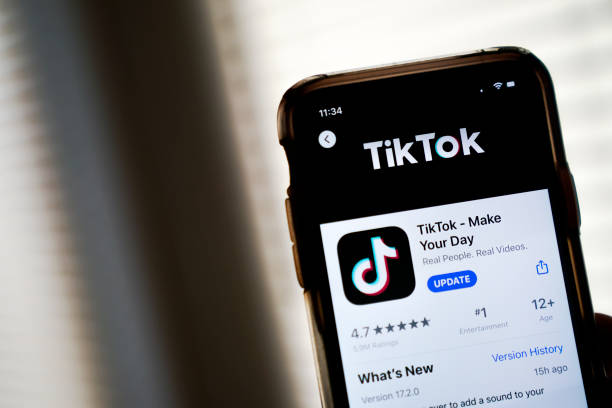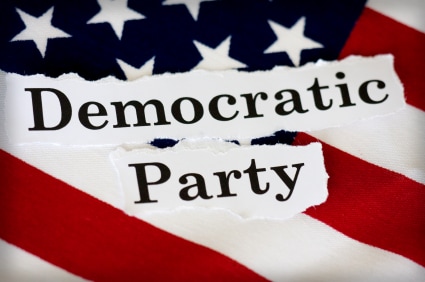(ThyBlackMan.com) TikTok has become a global sensation in recent years, with millions of users sharing and viewing a seemingly endless array of short-form videos on the platform. However, the app’s ownership by the Chinese behemoth ByteDance raises grave national security concerns regarding the risks the app presents to the United States and its citizens. As a result, the United States government has considered banning TikTok, citing concerns about data privacy, propaganda, cyberattacks, and disinformation—and here’s the reality: they should.
From a national security perspective, banning TikTok seems to be a reasonable step in protecting U.S. citizens. After all, TikTok is merely a video-sharing app that is widely used by children; thus, its ability to harm us far outweighs its utility. The Chinese government has a history of surveillance and censorship, and based on national security experts, TikTok is collecting data about its users and sharing it with the Chinese government. While the app has denied these claims, ByteDance has yet to present any significant data to show that they aren’t sharing sensitive information with the Chinese government. In fact, reports have shown the exact opposite of what TikTok has professed.

TikTok’s potential use as a tool for Chinese propaganda is a significant national security concern. With the app’s vast, billion-plus user base (many of them children), there is a risk that it could influence young Americans’ political beliefs and opinions, and be used as a highly effective propaganda machine. This is especially concerning given the current political climate in the United States; with tensions between political parties and ideologies at an all-time high, we must ensure that an adversary such as China can’t use digital technology to divide us further.
We must also be wary of the potential for hacking and cyberattacks on TikTok. With more than 1 billion users worldwide, the app represents a valuable target for hackers and cybercriminals. If any person with bad intentions were to access their systems, it could potentially put millions of American kids at risk—a risk that parents frankly may be unaware of.
In recent years, we have seen a wave of disinformation campaigns in the USA aimed at undermining our democracy and sowing division between political parties and racial groups. TikTok, with its vast user base and potential for viral content, has the ability to spread disinformation and manipulate public opinion, causing further discord in the USA, which is a benefit to China and its aims. With its sophisticated content suggestion algorithms, if TikTok wanted to, they probably could overtly spread Chinese propaganda to their 1 billion users in a way that would wreak havoc on our social fabric.
The Trump administration issued an executive order in 2020 that would have effectively banned the app in the United States. However, the order was ultimately blocked by the courts. Despite this, bipartisan support is growing for a ban on TikTok, with policymakers expressing concerns about the app’s potential national security risks. The time is now for our lawmakers to do what Trump was unable to do in the interest of national security.
The TikTok ban has also become a symbol of the ongoing US-China trade war. With tensions between the two countries continuing to rise, TikTok has become a point of contention, representing China’s growing influence in the United States. While it may seem like TikTok is “just” an app, a ban would send a clear message that the United States is taking a hard line against China and is willing to take action to protect its interests. It’s difficult to imagine why China would feel so threatened by the U.S.’s banning of TikTok if they didn’t have some nefarious use for it.
Of course, there are arguments against banning TikTok. Some argue that a ban on the app would be an infringement of freedom of speech and expression. Others argue that a ban on TikTok could lead to a backlash against the United States, damaging relations with China and potentially harming American businesses operating in China.
However, these arguments are outweighed by the national security risks associated with TikTok. Protecting American citizens and ensuring national security should be the top priority for any government. With concerns about data privacy, propaganda, cyberattacks, and disinformation, the United States must take all necessary measures to protect its citizens and ensure national security.
While TikTok has become a cultural phenomenon, the threats it presents to our national security far outweigh any viral sensationalism the app brings. Banning TikTok is necessary to protect American citizens and ensure national security. While the debate over TikTok will undoubtedly continue, policymakers must prioritize national security over other concerns. The United States should take a hard line against China and be willing to take action to protect its interests, and a ban on TikTok is an essential step in this direction.
Written by Armstrong Williams
Official website; http://twitter.com/Arightside

















Leave a Reply